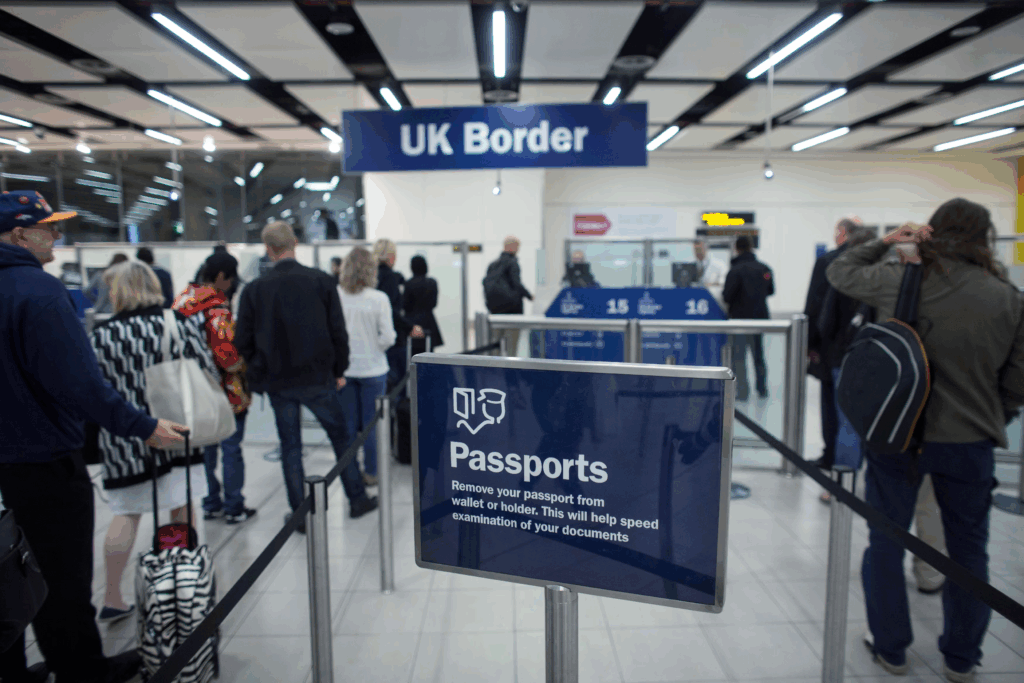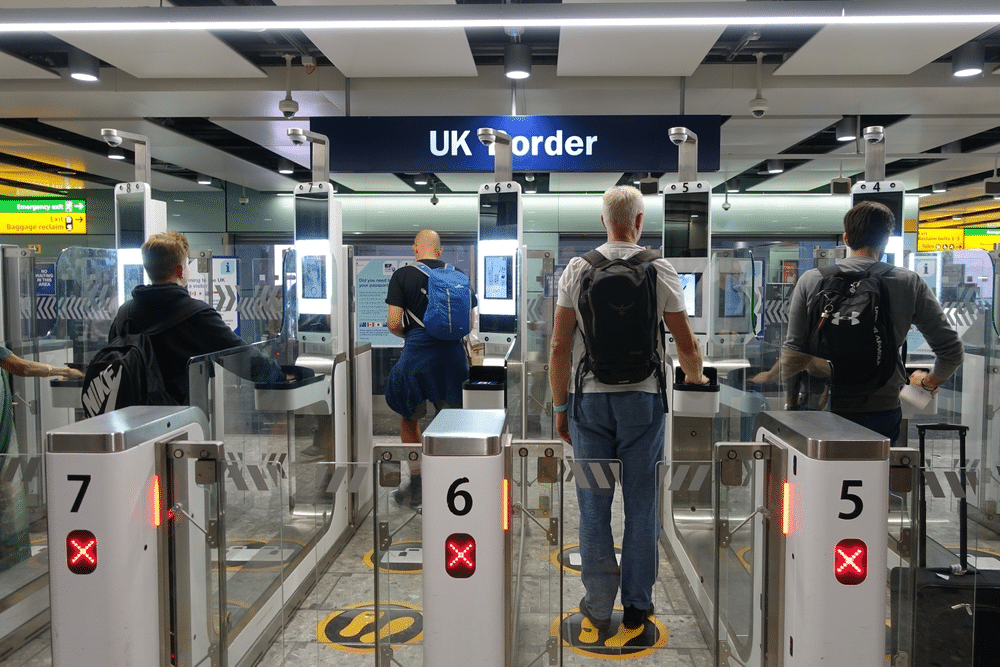As we approach 22 July 2025, the UK’s immigration landscape is set for significant transformation, particularly concerning the Skilled Worker visa. It is essential for both employers and candidates to understand the implications of these upcoming changes.
Looking Ahead
2025 has already seen a considerable number of changes to UK immigration regulations. The shift towards digitalisation, the introduction of new restrictions on care workers, and increased visa application fees have profoundly impacted how businesses and skilled workers operate within the UK.

However, the most substantial changes are yet to be realised. The Government’s recent ‘White Paper’ outlines that the ability for employers to hire foreign nationals with sub-degree-level qualifications is nearing its end. Under the proposed policy revisions, the minimum level of qualifications required for individuals moving to the UK will rise from RQF Level 3 (equivalent to a UK A-level) to RQF Level 6 (equivalent to a bachelor’s degree). Alongside this, the minimum salary threshold is expected to increase, although the specific amount has yet to be disclosed. English language proficiency requirements are poised to become more stringent, and notably, the issuance of visas for foreign social care workers will cease altogether.
For an in-depth analysis of these forthcoming changes, we encourage you to familiarise yourself with these alterations. It is important to note that none of the proposals outlined in the white paper have yet been formalised into law; parliamentary approval will be necessary before they can take effect. While we cannot provide a definitive timeline, we will keep you informed as new developments arise.
In the meantime, the information provided here is an accurate resource regarding UK immigration and visa regulations as of early July 2025.

Key Changes Explained:
- Increased Salary Thresholds:
- New Requirement: The minimum salary for Skilled Worker visa applicants will increase to £38,700 per year. This change aims to ensure that skilled workers contribute effectively to the UK economy and reflect market conditions.
- Implications: Employers must review their job offers to ensure compliance with this new salary requirement. Failure to do so could result in delays in visa applications and potential penalties.
- Action Item: Conduct a salary audit for all roles to align with the new threshold.
- Eligibility Criteria:
- New Standards: The Skilled Worker route will now only accept occupations at RQF Level 6 (degree level and above), thereby removing 111 currently eligible lower-skilled roles from consideration.
- Impact on Recruitment: This shift places greater emphasis on hiring candidates with higher qualifications and may affect sectors traditionally reliant on lower-skilled migrants.
- Action Item: Assess current job roles and ensure they meet the new qualification standards.
- Domestic Recruitment Focus:
- Requirement for Care Providers: Effective from 9 April 2025, care providers in England must demonstrate that they have sought to recruit from the UK workforce before considering overseas candidates. This change reflects the government’s commitment to prioritising domestic talent.
- Strategic Planning: Employers will need to develop robust local recruitment strategies and document their efforts to comply with this requirement.
- Action Item: Create a local hiring plan that outlines strategies for attracting and retaining domestic talent.
- Increased Sponsorship Costs:
- New Fees: The sponsor licence fee has increased to £1,579 for medium/large sponsors and £574 for small businesses. The Certificate of Sponsorship (CoS) fee has risen sharply to £525.
- Budget Implications: These increased costs require businesses to reassess their immigration budgets and financial planning for the upcoming year.
- Action Item: Re-evaluate your budget to account for these additional costs and ensure compliance with the new fee structure.
- Penalties for Non-Compliance:
- Increased Penalties: The penalties for employing illegal workers have doubled to £60,000 per worker. Furthermore, repeat offenders may face bans from sponsoring employees for up to two years.
- Compliance Importance: Employers must maintain rigorous compliance measures to mitigate the risk of penalties and ensure that all hiring practices are legal and documented.
- Action Item: Implement regular audits and training for staff involved in hiring to ensure compliance with immigration laws.
- Changes to the Global Talent Visa:
- New Requirements: The evidential requirements for the Global Talent visa have been updated, necessitating that applicants submit a professional CV and letters of support from referees in relevant fields.
- Implications for Applicants: This change aims to strengthen the application process and ensure that only the most qualified candidates are granted visas.
- Action Item: Advise potential applicants to prepare their documentation well in advance of applying.
- Right-to-Work Checks:
- Expanded Scope: The right-to-work checks now apply to staff employed under service contracts, apprenticeships, and through other forms of employment. Non-compliance can result in civil penalties for employers.
- Employer Responsibility: It is crucial for employers to maintain accurate records and ensure that checks are completed correctly.
- Action Item: Review and update your right-to-work check procedures to include all relevant employment types.
- Transition to eVisas:
- Digital Shift: The UK is continuing its transition to a fully digital immigration system, which will include the replacement of physical documents with digital eVisas.
- Implications for Users: This transition aims to simplify the immigration process and allow for easier access to immigration status information.
- Action Item: Encourage employees to create eVisa accounts to manage their immigration status digitally.

The upcoming changes to the Skilled Worker visa and broader immigration regulations present both challenges and opportunities for employers and candidates alike. Staying informed and proactive is crucial to navigating these transitions successfully. At Easy Tiger Group, we are committed to providing the information necessary for businesses and individuals to adapt to the evolving immigration landscape.
For further insights and a comprehensive guide on the 2025 immigration rules, we invite you to click on the ‘Statement of Changes’. This resource will provide you with the detailed knowledge needed to navigate these changes effectively and ensure compliance.
Contact Us
Argyle Court
105 Seven Sisters Road
London
N7 7QR
